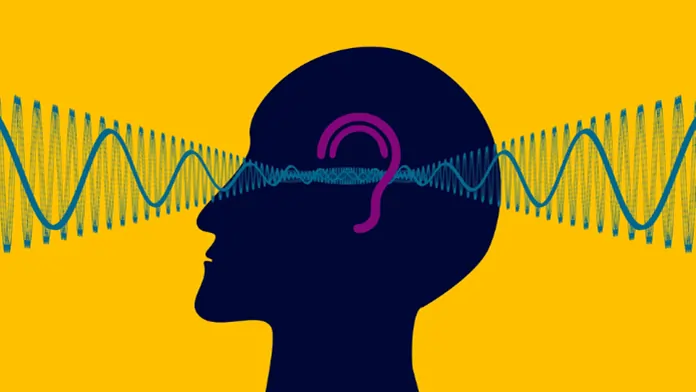Having never had to wear glasses, it was quite a shock when, shortly after turning forty, I was suddenly having to extend my arms away from me to see clearly what it was that I was reading. Before I knew it, I not only had to wear glasses to read but was prescribed progressive lenses, also known as trifocals. Fortunately, I adjusted to this new reality rather quickly. However, I know that for others, it can be quite challenging to determine where to focus their eyes and how to tilt their head in relation to what they are trying to see or read.
Beyond being able to read and navigate our daily lives with the assistance of physical glasses, we recognize that we all view the world through various cultural, religious, and political lenses. For better or worse, these lenses help us make sense of the world, guiding our values, assumptions, and affiliations. However, similar to the times when we are looking for our glasses while wearing them, we are often unaware of the nature of our sociological lenses and how they affect our interpretation of and interaction with the people and issues we encounter on a daily basis.






